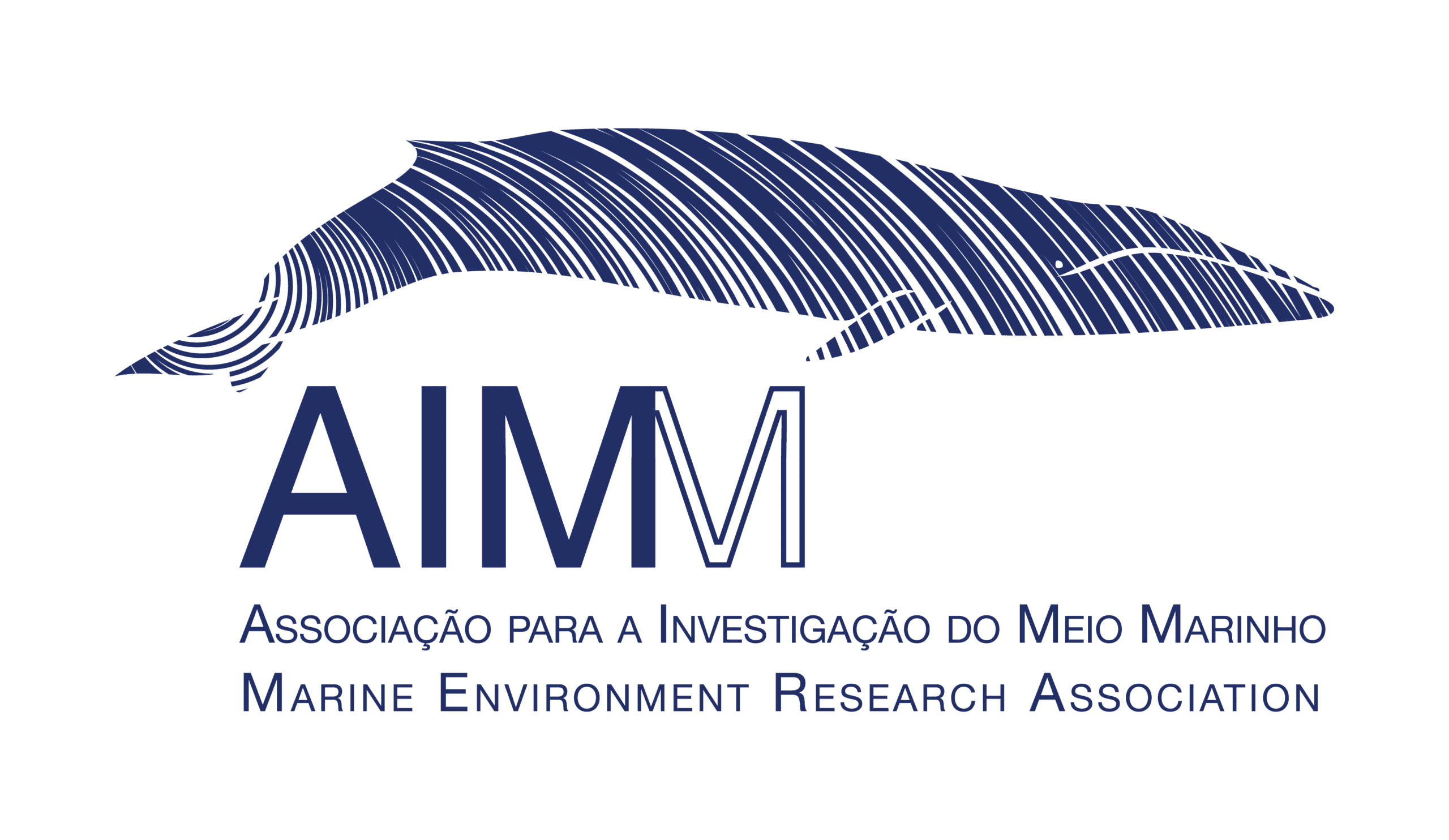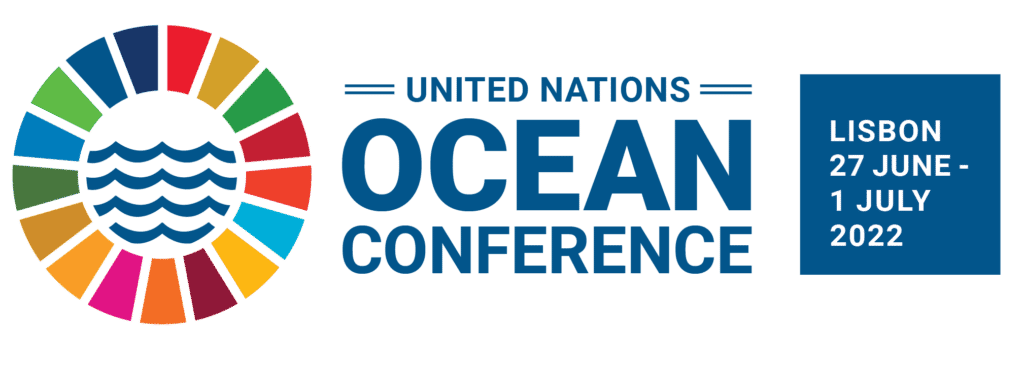Symposium
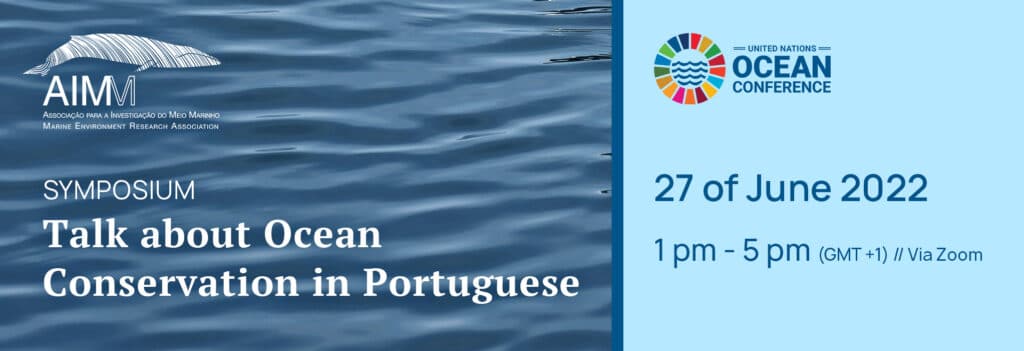
AIMM – Marine Environment Research Association in partnership with Instituto Meros do Brasil and Biosfera Cabo Verde, promoted the Symposium “Talking about Ocean Conservation in Portuguese” as a side event of the 2022 UN Ocean Conference. The Symposium took place on the 27 June 2022, at 1pm – 5pm (GMT+1). The goal of this Symposium was to promote knowledge exchange and to raise awareness about the ongoing initiatives regarding ocean conservation throughout countries that share a common language, members of CPLP.
GET TO KNOW OUR SPEAKERS
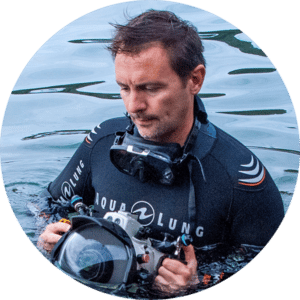
Keynote speaker | Dr. Nuno Vasco Rodrigues ONE LANGUAGE, ONE OCEAN: Conservation photography without borders
Marine biologist and researcher at MARE IPLeiria (Peniche, Portugal), he is the author of dozens of scientific articles and three books on marine fauna, having contributed to many others. As a photographer, he specializes in underwater photography, using the image as a tool for study and communication, with the goal of conservation. He contributes regularly to publications such as Oceanographic and National Geographic Portugal and his images have been widely published in books, newspapers and magazines and also exhibited globally, with several having won awards in international competitions. In 2021 he was awarded conservation photographer of the year by Ocean Geographic and in 2022 he won 2 awards in the UN World Oceans Day Photo Competition. Certified diver since 2000, Nuno has over 1500 hours underwater in various places around the world, most of which studying and photographing marine life.
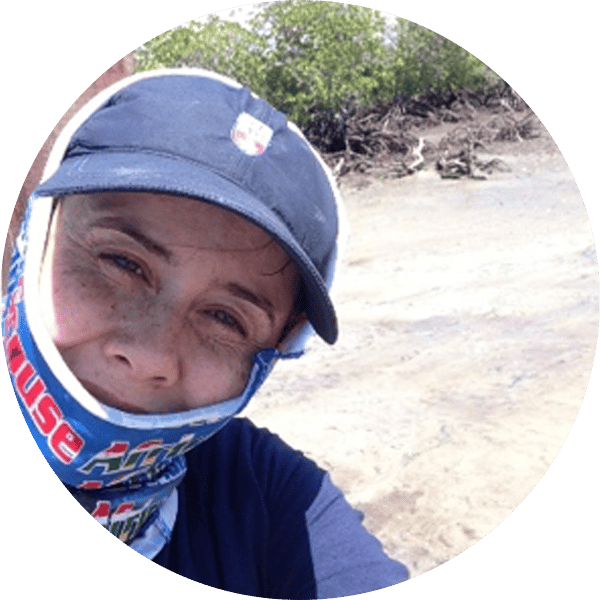
Mozambique | Dr. Cristina Louro Contributing to the ecological monitoring of species, ecosystems and use of natural resources in marine conservation areas in Mozambique
Marine biologist with an interest in the connection between people and the coastal and marine environment. Master's in Applied Sciences in Natural Resource Management (2007), from James Cook University, and a degree in Biological Sciences, branch of General Ecology (2003), from Eduardo Mondlane University. Since 2004, she has worked at Centro Terra Viva, a non-governmental institution that focuses on contributing to the management of natural resources, research and advocacy in Mozambique. Through the Ecosystems and Biodiversity Program, and in collaboration with the National Administration of Conservation Areas, has contributed to the development and implementation of monitoring programs for species (e.g. sea turtles), ecosystems (e.g. coral reefs, mangrove forests, grass marine) and resource use, such as subsistence and artisanal fisheries, in four marine conservation areas, especially in Maputo National Park.
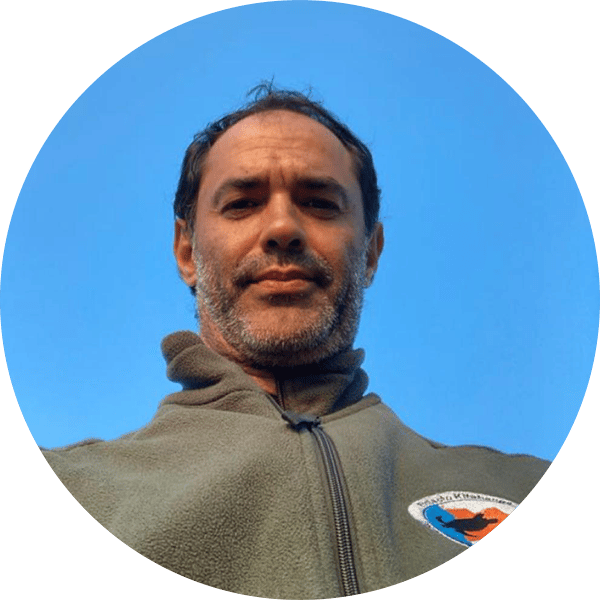
Angola | Dr. Michel Morais Sea turtles in Angola, Kitabanga Project an approach to study and conservation
Biologist, Professor at the Department of Research and Teaching of Biology at the Faculty of Natural Sciences, Universidade Agostinho Neto. Founder and coordinator of the Kitabanga Project, and the author of several works related to biodiversity, with emphasis on marine mammals, aquatic and coastal birds and freshwater fish. He is also an environmental consultant with works developed in different sectors.
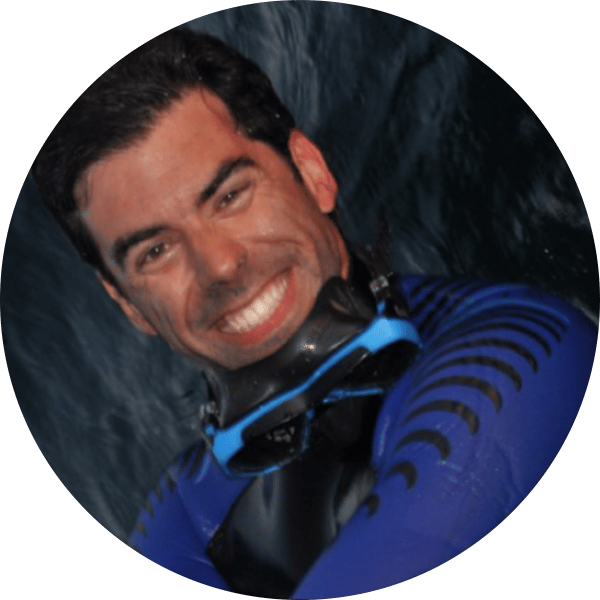
Portugal | Dr. Rui Rosa
Impact of climate change ("deadly trio") on the marine environment
Rui Rosa graduated in Marine Biology by Faculty of Sciences, University of Lisbon (FCUL), in 1999 and completed a PhD degree in Biology by the same institution in 2005 (host institution: National Institute for Fisheries and Sea Research - IPIMAR) . Subsequently, Rosa carried out his post-doctoral activities on Climate Change research at Univ. Rhode Island (USA), funded by FCT, Fundação Calouste Gulbenkian and US National Science Foundation. While still at young age, Rosa received the two most important national scientific awards in the field of Marine Biology (Sea Museum and IMAR-Luiz Saldanha Awards). After being granted a FCT Ciência 2007 contract in July 2008, Rosa returned to Portugal and started establishing his own team. Rosa has authored 214 papers in international peer reviewed journals and has an H-index of 38 (Scopus) or 46 (Google Scholar).
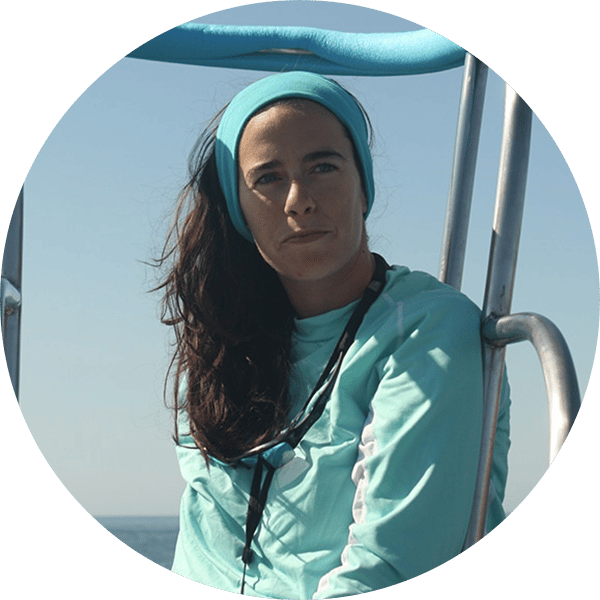
Portugal | Dr. Joana Castro Conservation of cetaceans in southern Portugal
Joana has a BSc in Marine Biology and a Master in Marine Ecology, from the Faculty of Sciences of the University of Lisbon (FCUL), Portugal. Joana has been working with marine mammals and environmental education for more than two decades and is the founder and coordinator of AIMM. She is currently developing and involved in several studies regarding the biology, ecology and conservation of marine mammals in the south coast of Portugal. Joana has participated in several cetacean research projects, in the Pacific and Atlantic Oceans and worked as a marine mammal consultant and educator for various whale watching companies, zoos, aquariums, universities, private environmental companies and governmental organisations around the world. Currently, she is a PhD student at FCUL, developing her project with the support of AIMM and MARE, focussing on the social organisation of small dolphins.
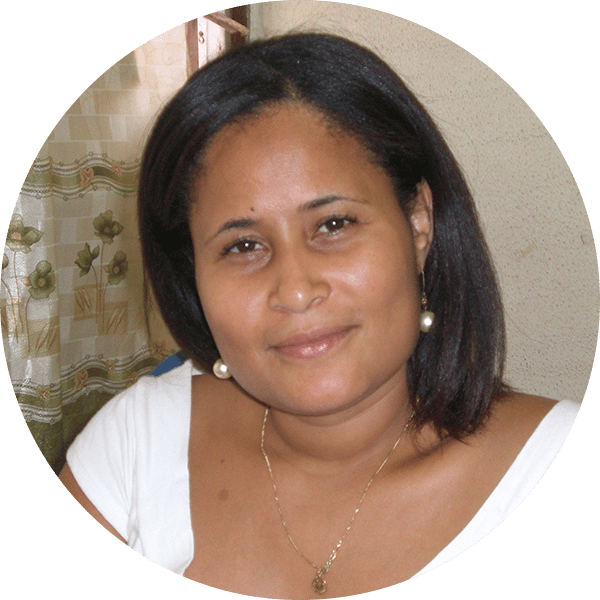
Guinea Bissau | Dr. Aissa Regalla de Barros PNMJNP – Biodiversity and Conservation
Aissa Regalla de Barros, of Guinean nationality, a biologist by training, with a specialization in Population and Ecosystem Biology, from the University of Metz, France. In 2006 she became a junior associate researcher at the Center for Environmental Studies and Appropriate Technologies (CEATA) of the National Institute for Study and Research, working on the management of fisheries resources, specifically in the ecological component. Between 2007-2010 she joined the Environmental Impact Assessment Cell (CAIA) as a Technical Assistant for the follow-up and implementation of Environmental Impact Studies of development projects and Environmental and Social Management Plans. She joined the Institute for Biodiversity and Protected Areas in 2010, as Coordinator of the Department of Biodiversity Conservation and Monitoring. Her works is in the monitoring of emblematic and threatened species at national level, such as sea turtles, migratory water birds, hippos, chimpanzees, among others. She has led the design of an Ecological, Economic and Social Monitoring System for 8 Protected Areas of the National System of Protected Areas (S-SNAP) of Guinea Bissau.
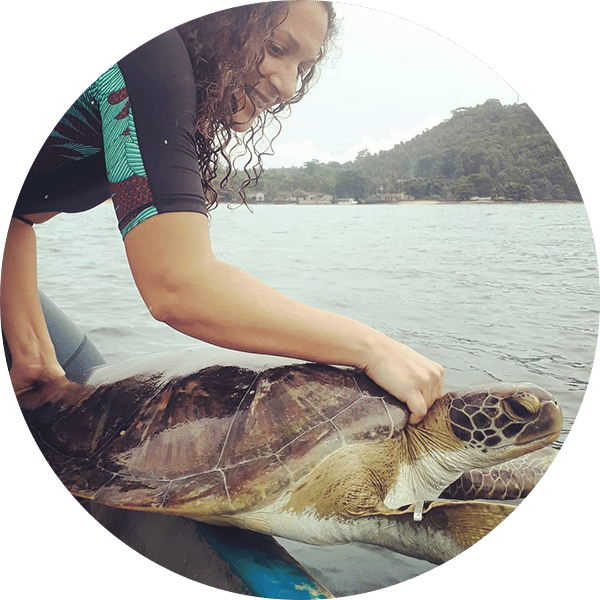
Sao Tome e Principe | Dr. Betânia Ferreira Airaud Marine conservation with community involvement in São Tomé and Príncipe
Betânia Ferreira Airaud, graduated in Marine Biology from the University of Algarve and Master in Marine Ecology from the Faculty of Sciences of the University of Lisbon in Portugal. She has been working with marine conservation for over 20 years, having visited several countries such as Oman, Brazil, Angola, Cape Verde, Guinea Bissau and São Tomé and Príncipe, where participated and developed programs for monitoring marine species, scientific research aimed at conservation, engagement and empowerment of a wide range of local actors, development of ecologically sustainable economic alternatives for local communities, and environmental education and awareness for conservation. She is currently founder and president of the Association Programa Tatô, Program for the Conservation of Sea Turtles and Sustainable Management of Marine and Coastal Ecosystems of São Tomé and Príncipe. She is also a PhD student at the Center for Marine Sciences of the University of Algarve in partnership with the University of Exeter in the UK developing research on Spatial Ecology and Migration of Sea Turtles.
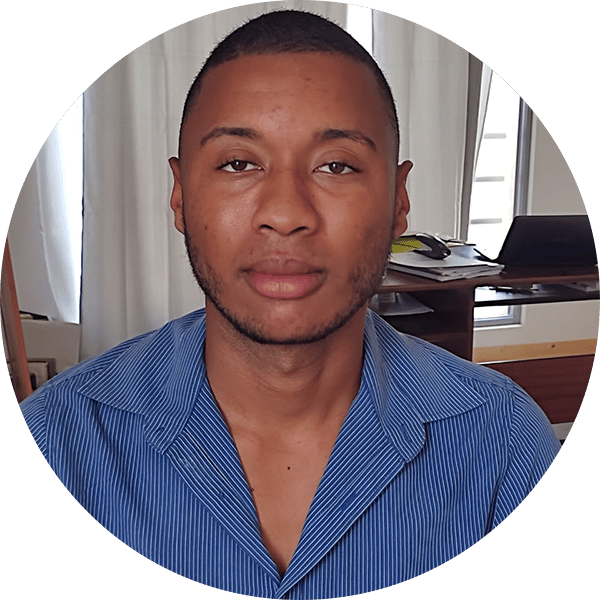
Cabo Verde | Dr. Keider Neves A sustainable model of certified fishing for the protection of the Santa Luzia marine reserve
Keider Neves has a degree in Biological Sciences, Fisheries branch, from the University of Cape Verde, and a master's degree in Marine Biology, University of Vigo, Spain. Since 2019, he has been working as coordinator of a Sustainable Fishing project at the NGO Biosfera Cabo Verde. In addition to conservation work, Keider Neves is also dedicated to the taxonomic study of the marine biodiversity of Cape Verde, having already published several works on the subject, with emphasis on the description of some new species, especially crustaceans and molluscs.
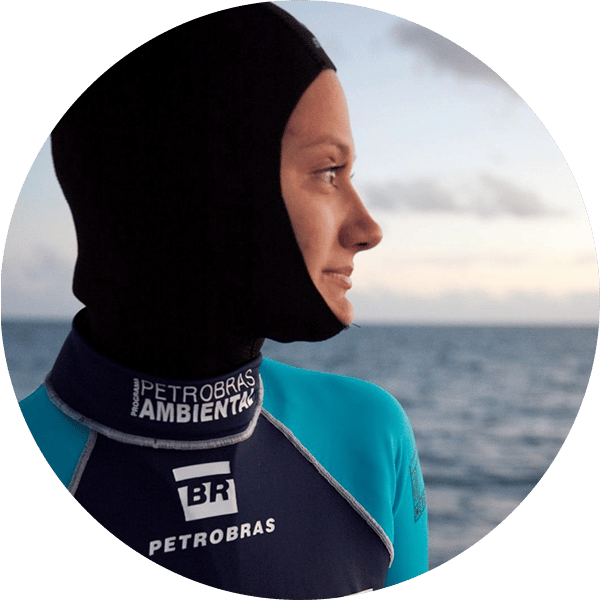
Brazil | Dr. Maíra Borgonha and Dr. Matheus Freitas Meros do Brasil Project: Challenges in the conservation of the “senhor das pedras”
Maíra Borgonha is an Oceanographer, Master in Development and Environment. She has been the general coordinator of the Project Meros do Brasil since 2012 and a member of the executive and scientific boards of the Meros do Brasil Institute. Her work is in the conservation of marine biodiversity and endangered fauna, especially groupers, through nature education, scientific diving, communication, citizen science and ethnoecology.
This event will be included in the United Nations Ocean Conference 2022
and has the support of the United Nations.
Become a Hero of the Oceans!
Purchase the products we have designed for you in our online store and help us to preserve the marine environment.
